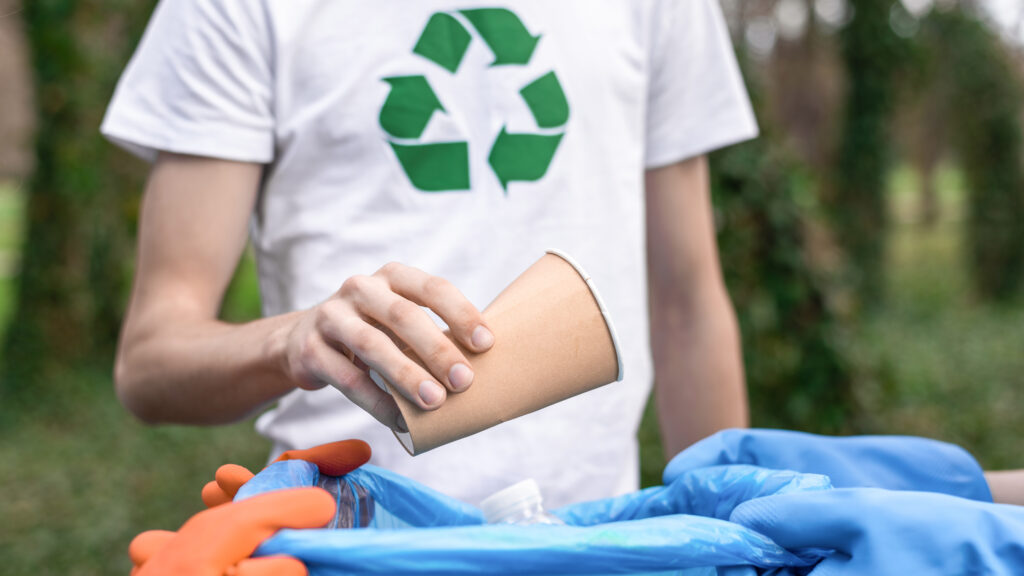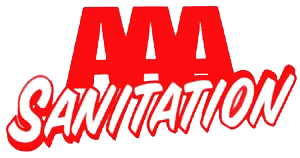
Effective waste management and recycling are essential components of maintaining clean, sustainable, and efficient living and working environments. Both residential and commercial areas have unique waste management needs and challenges, but adhering to best practices can lead to significant improvements in waste reduction, recycling rates, and overall environmental impact. This article outlines best practices for managing waste and recycling in residential and commercial settings, helping to create cleaner and more sustainable communities.
Best Practices for Residential Waste and Recycling
Understand Local Guidelines
Each community has specific guidelines for waste and recycling. Understanding these guidelines helps ensure that you are properly sorting and disposing of waste.
Check with your local waste management authority or municipal website for detailed instructions on what can be recycled, how to prepare recyclables, and proper disposal methods for different types of waste.
Implement a Household Waste Sorting System
Effective waste sorting involves separating recyclables, compostables, and non-recyclable waste.
- Create a designated recycling bin for materials like paper, cardboard, plastics, metals, and glass. Clean and dry recyclables to ensure they are accepted by recycling facilities.
- Set up a compost bin for organic waste such as fruit and vegetable scraps, coffee grounds, eggshells, and yard waste. Composting reduces the amount of waste sent to landfills and provides nutrient-rich soil for gardening.
- Use a separate bin for non-recyclable and non-compostable waste, such as broken items, certain plastics, and other household trash.
Reduce Single-Use Plastics
Single-use plastics contribute significantly to waste and pollution.
- Use reusable bags, bottles, and containers instead of disposable plastic ones.
- Reduce the use of single-use cutlery, straws, and other disposable products.
Educate Your Family
Education is crucial for ensuring that all household members participate in effective waste management and recycling practices.
- Educate family members about how to sort waste correctly and the importance of recycling and composting.
- Regularly discuss the benefits of reducing waste and recycling to encourage continued participation.
Participate in Community Recycling Programs
Many communities offer additional recycling programs for specific materials, such as electronics or hazardous waste.
- Take advantage of community recycling drives and drop-off locations for items that are not collected curbside, such as batteries, electronics, and hazardous materials.
- Keep up-to-date with any changes or new programs related to waste management in your community.
Best Practices for Commercial Waste and Recycling
Conduct a Waste Audit
A waste audit helps identify the types and quantities of waste generated, allowing for targeted improvements.
- Review the types of waste your business generates and their volumes.
- Look for opportunities to reduce waste and increase recycling by analyzing waste composition and sources.
Implement a Comprehensive Waste Management Plan
A waste management plan outlines how to handle waste and recycling efficiently and sustainably.
- Create policies for waste reduction, recycling, and proper disposal. Include guidelines for sorting, handling, and disposing of various types of waste.
- Ensure that all employees are aware of and follow the waste management plan. Provide training and resources to support compliance.
Optimize Recycling Programs
Effective recycling programs can significantly reduce waste and improve sustainability.
- Set up clearly labeled recycling stations throughout your facility for different types of recyclables, such as paper, plastics, and metals.
- Regularly review recycling rates and adjust practices as needed to improve performance and address any challenges.
Reduce Packaging Waste
Excessive packaging contributes to waste and environmental impact.
- Opt for products with minimal or eco-friendly packaging.
- Work with suppliers to reduce packaging and explore bulk purchasing options to reduce waste.
Promote Waste Reduction Strategies
Waste reduction strategies focus on minimizing waste generation and improving efficiency.
- Reduce waste at the source by optimizing processes, minimizing excess, and using efficient materials.
- Encourage the use of reusable materials and equipment within your business to reduce waste.
Manage Hazardous Waste Properly
Hazardous waste requires special handling and disposal to prevent environmental and health risks.
- Adhere to local and federal regulations for handling, storing, and disposing of hazardous materials.
- Train employees on the proper handling and disposal procedures for hazardous materials.
Engage in Sustainability Initiatives
Sustainability initiatives go beyond waste management and focus on overall environmental impact.
- Implement energy-efficient practices, reduce water usage, and support sustainable business practices.
- Consider obtaining environmental certifications, such as LEED or ISO 14001, to demonstrate commitment to sustainability.
Monitor and Report Performance
Tracking and reporting waste management performance helps measure success and identify areas for improvement.
- Monitor waste generation, recycling rates, and other key metrics to assess the effectiveness of your waste management practices.
- Share performance reports with stakeholders and use the information to set goals and drive continuous improvement.
AAA Sanitation Is Here to Help
Effective waste management and recycling are crucial for maintaining a clean, sustainable, and efficient environment in both residential and commercial settings. By implementing best practices such as understanding local guidelines, reducing single-use plastics, conducting waste audits, and optimizing recycling programs, individuals and businesses can significantly reduce waste, enhance recycling efforts, and contribute to environmental sustainability. Engaging in these practices not only supports a cleaner environment but also promotes a culture of responsibility and stewardship for future generations. Call AAA Sanitation to start doing your part for the earth!
AAA Sanitation & Garbage Removal
79 Business Dr Ste A
Hull, GA 30646
(706) 543-7788
https://aaasanitationco.com/






Leave A Comment